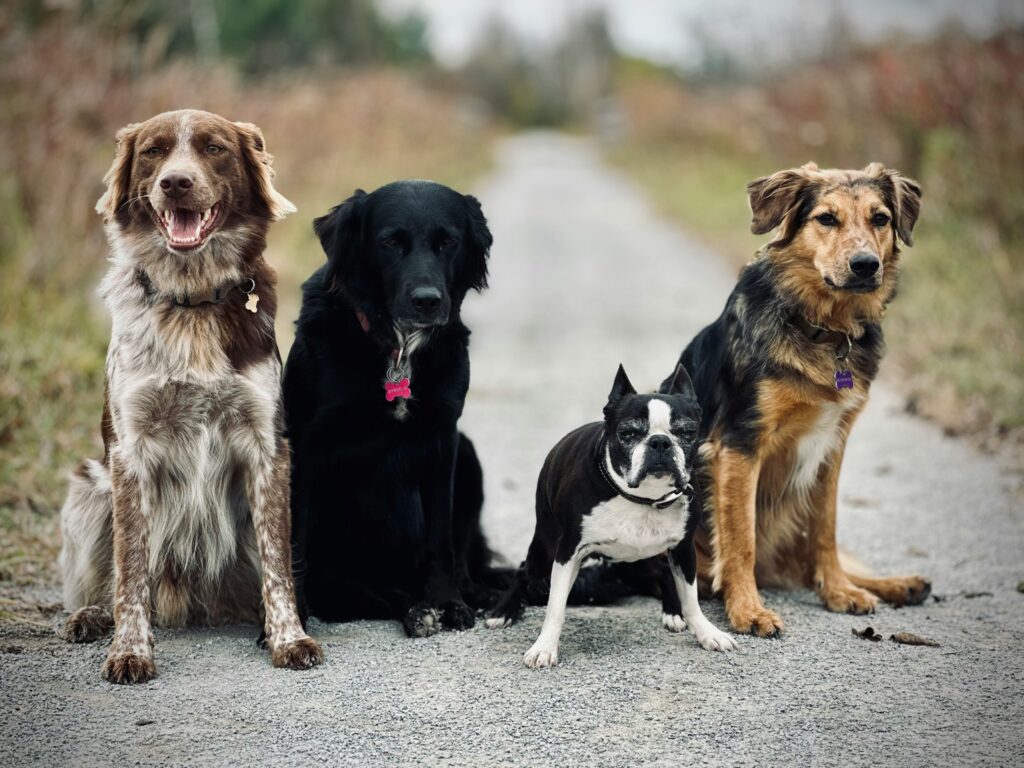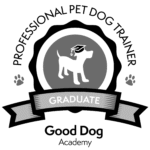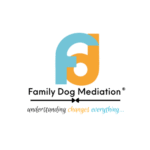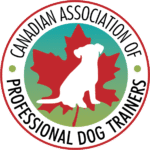
Why your Border Collie is climbing the walls and your Great Pyrenees thinks every delivery person is a threat—and what to do about it.
Your dog’s biggest challenge in the city isn’t size or training—it’s genetics. Every breed was designed for specific jobs, and those drives don’t disappear in an apartment. When we ignore these built-in needs, we create “genetic frustration”—problem behaviors that are actually your dog trying to do what they were bred for.
Using applied ethologist Kim Brophey’s breed group system, here’s how to honor your dog’s genetics in the city:
Gun Dogs (Labs, Goldens, Pointers)
The Challenge: Bred for all-day hunting, they become destructive without mental work.
City Solutions:
- Morning puzzle feeding before your coffee
- “Find it” games in apartment hallways
- Assign jobs: carry mail, retrieve slippers
- Seek out water features for psychological needs
Red Flag: Hyperactive after walks? They need mental work, not more exercise.
Herding Dogs (Border Collies, Shepherds, Corgis)
The Challenge: Control-oriented dogs overwhelmed by city chaos.
City Solutions:
- Predictable daily routines and walking routes
- Teach them to organize toys by type/color
- Create “management stations” using furniture
- Indoor obstacle courses
Red Flag: Excessive barking or nippy behavior means they need more structure.
Guardian Dogs (Great Pyrenees, Mastiffs, Rottweilers)
The Challenge: Hardwired to make security decisions, but cities have constant “threats.”
City Solutions:
- Train clear “on duty/off duty” commands
- Provide elevated watching posts
- Establish visitor protocols
- Gradual city sound desensitization
Red Flag: Reactive to every sound? They need clearer job descriptions.
Terriers (Jack Russells, Yorkies, Bull Terriers)
The Challenge: Independent hunters redirecting drives toward inappropriate targets.
City Solutions:
- Hide treats for “hunting” games
- Provide digging alternatives (snuffle mats, sandbox)
- Short, intense play sessions
- Allow some choice in daily routines
Red Flag: Obsessive behavior toward moving objects indicates unmet hunting needs.
Sight Hounds (Greyhounds, Whippets, Salukis)
The Challenge: Sprinters frustrated by leash laws and small spaces.
City Solutions:
- Find secure areas for safe running
- Use long hallways for indoor sprints
- Position beds for safe “people watching”
- Provide multiple soft resting spots
Red Flag: Restless or depressed? They need speed opportunities.
Scent Hounds (Beagles, Bloodhounds, Bassets)
The Challenge: Nose-driven dogs restricted from investigation.
City Solutions:
- “Scent walks” where your dog chooses the pace
- Create indoor tracking games
- Regular new environment exploration
- Extended food puzzles for nose work
Red Flag: Frustrated pulling suggests they need more sniffing time.
Bull Dogs (English Bulldogs, French Bulldogs, Boston Terriers)
The Challenge: Physical limitations often misunderstood as stubbornness.
City Solutions:
- Temperature management (cooling mats, heating options)
- Low-impact mental exercise over physical exertion
- Learn their subtle communication signals
- Frequent rest breaks without pressure
Red Flag: Resistance to exercise may indicate breathing or temperature issues.
Toy Dogs (Chihuahuas, Papillons, Cavaliers)
The Challenge: Treated as accessories rather than dogs with real needs.
City Solutions:
- Elevated safe observation spots for confidence
- Real jobs despite small size (tricks, routines)
- Protection from overwhelming situations
- Weather gear for outdoor comfort
Red Flag: Snappy or anxious behavior means they need more confidence-building.
Natural Dogs (Carolina Dogs, Primitive Breeds)
The Challenge: Wild-type behaviors need diverse experiences.
City Solutions:
- Regular introduction of new environments
- Allow natural behaviors when safe (digging, exploring)
- Flexible training respecting independence
- Multi-sensory experiences (climbing, balancing)
Red Flag: Restlessness indicates they need more environmental variety.
World Dogs (Korean Village Dogs, Philippine Aspins, Southeast Asian Kampong Dogs)
The Challenge: Multiple breed characteristics make needs harder to predict.
City Solutions:
- Individual assessment through observation
- Trial activities from different breed groups
- Flexible approach as you learn what works
- Professional guidance for complex cases
Red Flag: If standard approaches aren’t working, they likely need individualized assessment.
The Bottom Line
Work WITH your dog’s genetics, not against them. Understanding breed drives eliminates many urban behavioral problems naturally.
Ready to dive deeper? Download my free Urban Dog Assessment Tool to identify your dog’s breed characteristics and get a customized city success plan.



Leave a Reply